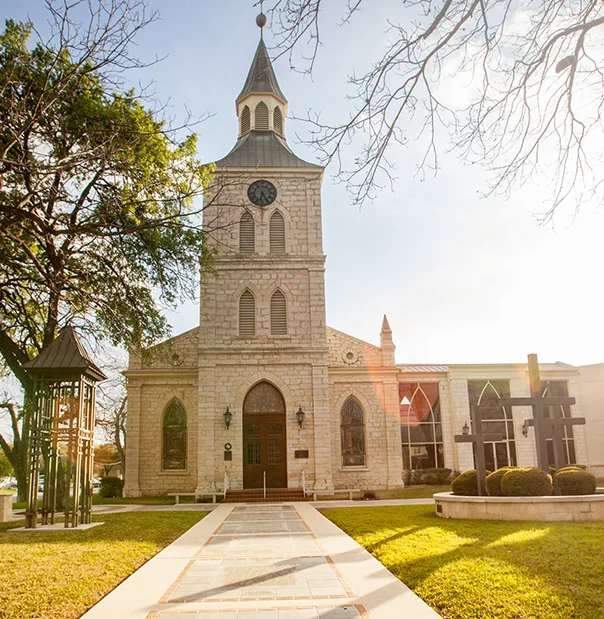The Protestant Reformation’s “official” beginning is October 31, 1517, when a German professor by the name of Martin Luther sends his “Ninety-Five Theses” against indulgences of the Catholic church to the Archbishop at that time. This bold act jumpstarts the religious and political reformation that continues for nearly forty years and stands as the baseline creation of the modern justice system. In his Ninety-Five Theses, Luther makes numerous radical statements against religious practices of the present day. For example, Luther mentions that “priests do not have the power to grant salvation” and that “only through faith, not by good works, can someone achieve forgiveness for their sins”[1]. Luther’s Theses were so taboo at the time because the Catholic church dominated civilization as the church was responsible for social matters, owned majority of the land in Europe and clergy members were believed to be the common man’s only chance when it came to eternal salvation. Luther, a monk himself, had found problem with the practice of selling indulgences within the church. Indulgences- which were small pieces of paper from the pope- were being sold to the public to “renew salvation” to which Luther argued that the forgiveness of sins could not be purchased, but only received through faith.
While Luther was excommunicated for these statements against the Catholic church, he is responsible for the foundation of laws concerning family, education, social welfare, crime, and church/state relations. The reformation officially began after gossip of Luther’s statements was spread throughout Europe for its radicalism. What essentially began as a war on religion resulted in the formation and enforcement of state law and by 1570, every land that followed Luther’s ideas held in place new state laws f or society. Luther argued in his “two kingdom theory”2 for the idea that every individual is a citizen of an earthly kingdom and a heavenly kingdom. The earthly kingdom is to represent the natural, created world that functions on reason and law yet is knowingly tainted by sin and crime. The heavenly kingdom is designed to operate on faith and love with Christians bearing the understanding that while they are inhabitants in the earthly kingdom, it is the Christian responsibility to abide by the laws in place but the governing authorities. Luther was a believer that both these “kingdoms” would work hand-in-hand to pursue “righteousness, justice, order, truth, and knowledge”[2] and that a justice system’s purpose should be to rid society of God’s adversaries- those who “sin” ergo, commit a crime. This begins the idea that is held in the justice system today. The purpose statement of the United States Justice System is, “to enforce the law and defend the interests of the United States according to the law; to ensure public safety against threats foreign and domestic; to provide federal leadership in preventing and controlling crime; to seek just punishment for those guilty of unlawful behavior; and to ensure fair and impartial administration of justice for all Americans”[3]. Every single one of these characteristics stems from Martin Luther’s theology about how law should operate in accordance to society’s standards of morality. Luther was a firm believer in the idea that the magistrate’s job was maintain peace like a “loving father” while also playing the role of “fearless protector” that shields the innocent from harm. As seen in the purpose of the justice system, a government is meant to simply protect the weak and bring justice to those attempting to cause harm.
Martin Luther was thought to have helped with many of the reforms that were made in accordance to the responsibilities of the church and the laws that protected the rights of the church’s authority. For example, Luther is accredited for the religious laws regarding tithing, endowments, holy days, entertainment laws such as public intoxication and gambling. Luther is also noted for having laid the idea for laws regarding education such as the establishment of a public school for children to attend to learn to read the bible and study basic social functions. State laws regarding social welfare such as shelters for the poor, emergency relief, orphanages in larger cities, boarding schools, hospitals, etc. are all founded because of Martin Luther’s Theses but must importantly is the influence the list had on the criminal justice system. Luther’s Theses laid the groundwork for our modern court system which allows society to enforce these state laws while the church is simply in charge of prophetic direction instead of power being all inside of the church. Without this imperative decision of declaring a new system of governing individuals and taking the emphasis of law out of the church, there is no telling how our country would be running today. Aside from touching at least minimally on nearly every branch of law that there is to study, Luther delves into the reasoning behind why we must have a system where faith should be the focus of religion and that tradition should not govern the salvation of any persons which is essentially the building blocks of the goal in the study of law.
[1] Staff. “The Reformation.” History.com, A+E Networks, 2009, www.history.com/topics/reformation.
[2] Witte, John. “The Legacy Of The Protestant Reformation In Modern Law (John Witte, Jr.).” The Legacy Of The Protestant Reformation In Modern Law (John Witte, Jr.) | Political Theology Today, 2 Oct. 2017, www.politicaltheology.com/blog/the-legacy-of-the-protestant-reformation-in-modern-law/..
[3]“Front Page.” The United States Department of Justice, 26 Oct. 2017, www.justice.gov/.

